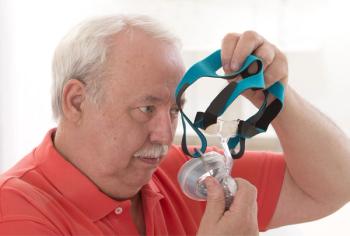
The HypnoLaus study compared sleep characteristics of individuals older than 65 years of age with and without cognitive impairment.

The HypnoLaus study compared sleep characteristics of individuals older than 65 years of age with and without cognitive impairment.

How will advances in sequencing technology transform the field of neurogenetics?

Does late-pregnancy or early-infancy infection cause abnormalities? Are symptomatic & asymptomatic maternal infections equally likely to cause defects?

The study provides much needed insight into sex-specific risk factors, thus improving the accuracy of individualized stroke risk assessment.

Although tremendous advances in research and medical ethics have been made since the mid-20th century, questions continue.

Second-impact syndrome remains a hotly debated diagnosis. A recently published case report evoked 3 commentaries from concussion management experts.
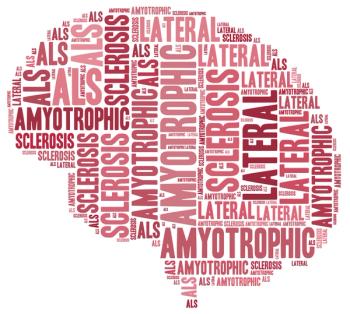
A genetic mutation suspected to be associated with amyotrophic lateral sclerosis risk has been confirmed through a large-scale research effort.

A study of 30 years indicates the projected increase in Parkinson disease could be underestimated and offers possible explanations.
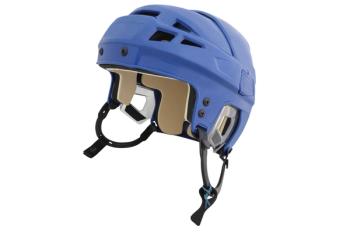
An experimental device designed to complement a helmet reduces brain slosh during head impact. Can it also prevent a concussion?
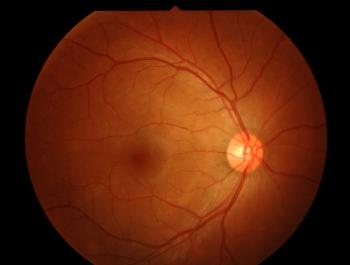
Several points relevant to neurology were discussed during a special session on TBI by the Association for Research in Vision and Ophthalmology.

With the help of virtual reality, treatment of psychiatric and neurological conditions may evolve beyond traditional approaches.
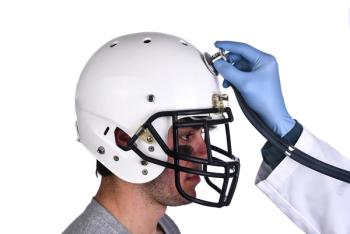
Why do you think sports-related concussion rates have increased – growing popularity of sports, improved awareness, better screening and diagnosis?

Technology that is efficient yet lacking side effects, personalized, and nonintrusive may be closer than we think for many of our neurology patients.

Researchers gather environmental data to better understand possible mechanisms of Parkinson disease development.
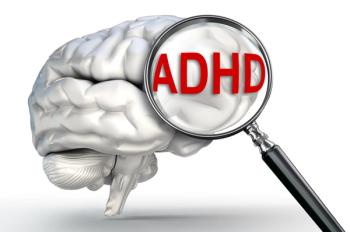
Consequences of methylphenidate for ADHD remain a subject of debate, and research continues to examine its effects on brain structure and function.

Optimal therapy for people with a history of patent foramen ovale and cryptogenic stroke has not been defined. We review several recent studies.

What implications does genetic testing have for people at risk of neurological diseases and for the physicians treating these patients?

Consequences of methylphenidate treatment for ADHD remain a subject of debate, and research continues to supply new evidence.
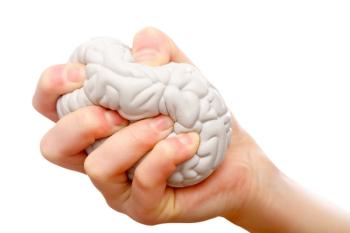
The holidays can be an especially stressful time of year, so patients need to be aware of how stress influences neurological disease progression.
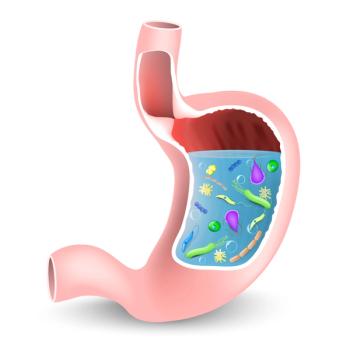
How can the study of gut microbiota lead to future treatments for neurological disorders?

Encouraging results for many new and future therapies for MS were discussed at ECTRIMS this month.

How can a clinician best treat a young athlete more concerned with return to play than with his or her health?

Our blogger discusses an association of microbleeds with cerebral blood flow and cognitive impairment.

Our blogger discusses a possible resolution to this much-debated topic.

Published: September 22nd 2015 | Updated:

Published: August 25th 2015 | Updated:

Published: October 30th 2015 | Updated:
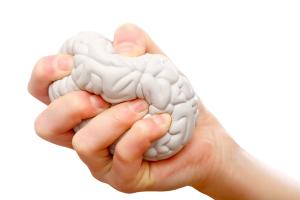
Published: December 10th 2015 | Updated:
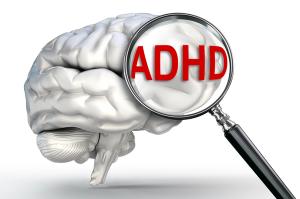
Published: December 17th 2015 | Updated:

Published: September 30th 2015 | Updated: